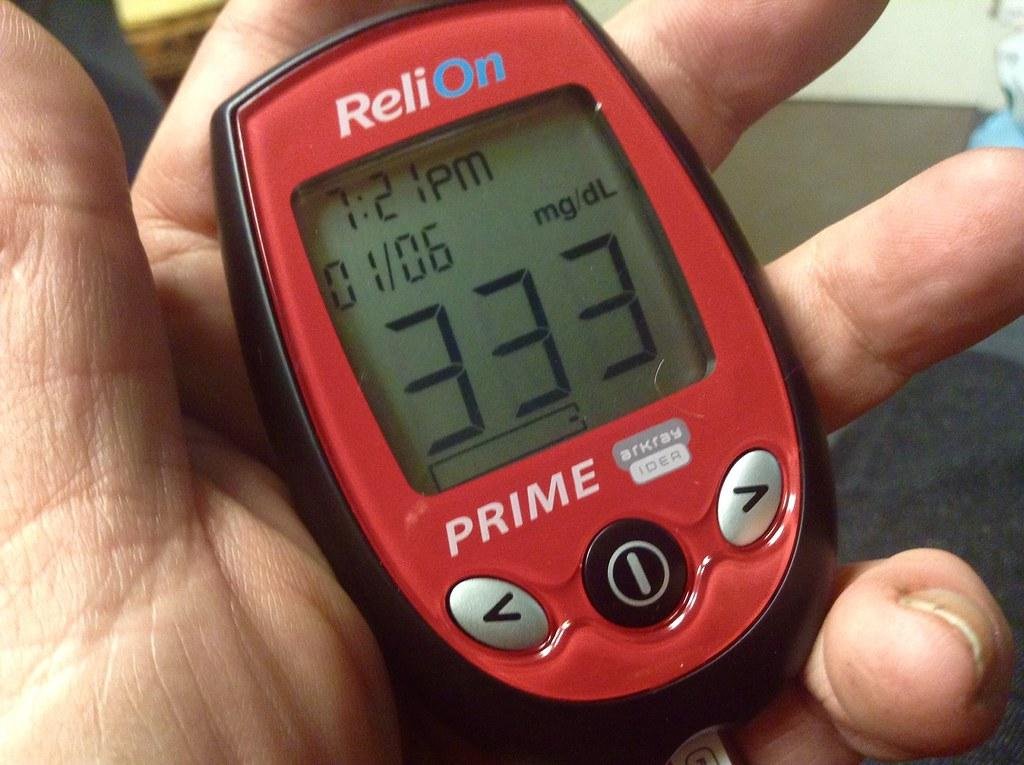Sweet Dreams: The Impact of Blood Sugar on Sleep
March 13, 2024 | by zhealtheist.com


Sweet Dreams: The Impact of Blood Sugar on Sleep
We’ve all experienced those restless nights where good sleep feels impossible to achieve. But have you ever wondered why? The reasons may be more intricately connected to your blood sugar levels than you think. This article is going to explore the impact of blood sugar on sleep and give you some practical tips to regulate your body’s systems for a better night’s rest.
Understanding Blood Sugar
Blood sugar, also known as blood glucose, is our body’s main source of energy. Derived from the food we eat, it plays a major role in ensuring our body’s systems work efficiently. Our blood sugar levels can influence our sleep patterns and vice versa, creating an interdependent relationship.
The Connection Between Blood Sugar and Sleep
Both high and low blood sugar levels can impact our sleep. Here’s how:
High Blood Sugar and Sleep
High blood sugars can lead to a variety of physical discomforts like increased bathroom trips and thirst that can disrupt our sleep. Long-term, it can also lead to conditions like Sleep Apnea.
Low Blood Sugar and Sleep
On the other hand, if your blood sugar drops too low while you’re asleep, your body can respond by releasing hormones to increase these levels. This process can disrupt your sleep, waking you up in the middle of the night.
Benefits of Regulating Blood Sugar for Sleep
Regulating your blood sugar isn’t just good for your general health. It could also lead to:
- Better Sleep Quality
- Reduced Nighttime Disturbances
- Less Daytime Fatigue
- Improved Mood
Practical Tips to Regulate Your Blood Sugar for Better Sleep
Fortunately, there are a number of ways you can work towards regulating your blood sugar levels for a better night’s sleep. These include:
Eating Regular, Balanced Meals
Eating regularly can help to keep your blood sugar levels steady. Try to include a balance of proteins, fats and carbohydrates in your meals.
Reducing Intake of Sugar and Processed Foods
Diets high in sugar and processed foods can cause your blood sugar to spike and crash, leading to poor sleep. Try to replace these foods with whole, nutrient-rich foods.
Regular Exercise
Regular physical activity can help to lower your blood sugar levels and improve your sensitivity to insulin, potentially leading to improved sleep.
Limiting Caffeine and Alcohol
Both of these can interfere with your body’s natural ability to regulate blood sugar, and may disrupt your sleep patterns. Try to limit your intake, especially closer to bedtime.
Case Study: Blood Sugar and Sleep
A study published in the Journal of Clinical Sleep Medicine found a strong association between high blood glucose and decreased sleep duration. The study analysed data from over 5000 subjects and concluded that glucose tolerance and meal timing, among other factors, can significantly impact sleep duration and quality.
Conclusion
The relationship between blood sugar and sleep is intricate, but understanding this link can lead to better health and improved sleep quality. By making a few key lifestyle changes, you can work towards regulating your blood sugar levels and enjoying sweet dreams. Remember, it’s important to consult a medical professional for personalised advice based on your health status.
RELATED POSTS
View all



